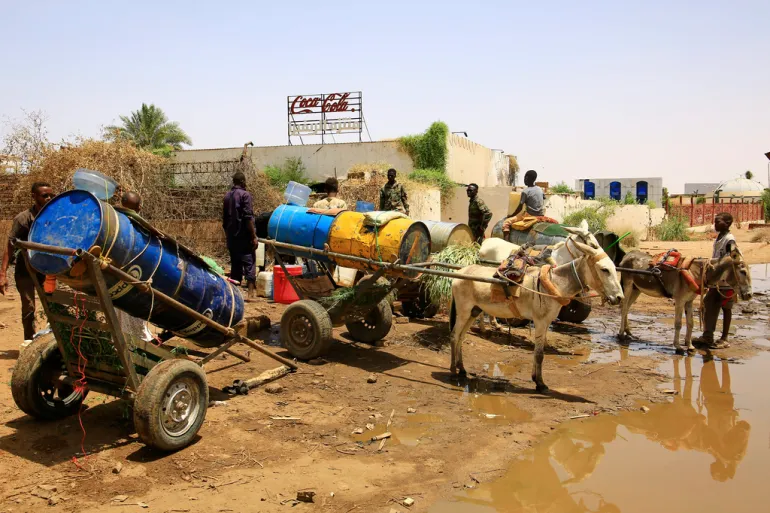Sudanese health authorities have confirmed that a severe cholera outbreak has claimed the lives of at least 172 people in just one week, as the country struggles to contain the rapidly spreading disease amid ongoing conflict and displacement.
The health ministry reported that more than 2,500 suspected cases were recorded across several states, including Khartoum, Gezira, and White Nile. Medical sources say the real numbers may be significantly higher due to limited access to affected areas and a lack of consistent reporting mechanisms.
The World Health Organization (WHO) has been monitoring the outbreak, describing the situation as critical. WHO officials warned that deteriorating sanitation, contaminated water supplies, and the collapse of health infrastructure due to Sudan’s civil conflict are contributing to the spread of the disease.
Cholera, a waterborne disease that can cause acute diarrhea and dehydration, can be fatal if not treated promptly. Health experts emphasize that the majority of cases could be prevented with access to clean water, effective sanitation, and proper medical care—resources that are currently scarce in many parts of Sudan.
In response to the crisis, humanitarian agencies and local organizations have intensified their emergency operations. Efforts include the distribution of oral rehydration salts, mobile treatment units, and public awareness campaigns aimed at educating communities on hygiene practices.
Sudan’s conflict between the military and paramilitary Rapid Support Forces has severely weakened the national health system, making it difficult to respond effectively. Many hospitals have been damaged or shut down, while health workers are either displaced or operating under extreme conditions.
The United Nations Office for the Coordination of Humanitarian Affairs (OCHA) has appealed for increased international support, noting that the cholera outbreak adds to the already dire humanitarian needs in Sudan. Nearly nine million people have been displaced due to conflict, and more than half of the population requires humanitarian assistance.
Sudanese officials are calling for urgent support from the international community to help curb the outbreak and prevent further loss of life. With the rainy season approaching, health experts fear that the situation could deteriorate even further if not addressed swiftly.
Source; Al Jazeera



